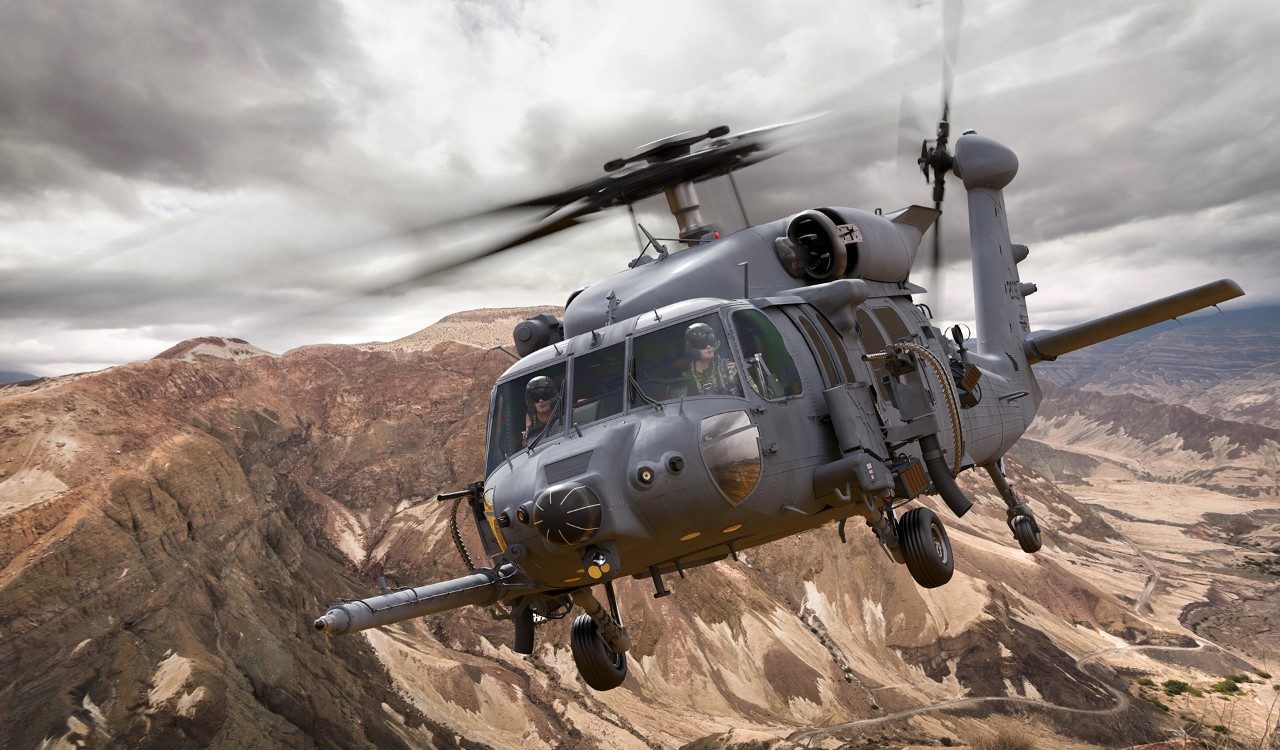The Duty of UH 60 in Modern Armed Force Workflow
The Duty of UH 60 in Modern Armed Force Workflow
Blog Article
The Effect of Lasting Practices on the Future of Airplane Workflow and Emissions Decrease
As the air travel industry deals with increasing analysis over its ecological effect, the adoption of lasting techniques arises as a crucial pathway towards future airplane operations and exhausts decrease. Advancements in lasting air travel fuels and developments in crossbreed propulsion innovations stand at the center of this change, promising considerable decreases in greenhouse gas emissions.

Review of Sustainable Practices
Sustainable methods in airplane operations include a series of approaches intended at minimizing environmental effect while maintaining operational effectiveness. These techniques are necessary in the aviation market's dedication to decreasing its carbon impact and adhering to global environmental criteria. Trick efforts consist of enhancing trip courses to minimize fuel consumption, improving upkeep procedures to ensure airplane run at peak performance, and implementing innovative modern technologies such as winglets and lightweight products that boost the rules of aerodynamics.

Engaging and educating personnel on sustainability techniques additionally play a crucial role, fostering a culture of environmental duty within organizations. Generally, the assimilation of these lasting practices not only aids reduce exhausts however additionally enhances the long-lasting stability of the aviation industry, guaranteeing it fulfills the demands of both consumers and governing bodies while contributing to global sustainability objectives.
Cutting-edge Fuel Alternatives
Various ingenious gas alternatives are emerging as essential solutions to lower the air travel market's dependence on traditional fossil fuels. Amongst these alternatives, Lasting Aviation Gas (SAFs) have obtained considerable attention because of their prospective to lower lifecycle greenhouse gas emissions by as much as 80% contrasted to standard jet fuels. SAFs are originated from different feedstocks, consisting of waste oils, agricultural deposits, and also algae, making them a functional option for the market.
Another promising option is hydrogen fuel, which, when made use of in fuel cells, creates only water vapor as a by-product. Furthermore, electrical propulsion systems are being checked out, leveraging battery modern technology to power aircraft.
Finally, biofuels originated from biomass are being checked out, supplying a renewable choice that can be mixed with traditional gas. Jointly, these innovative fuel alternatives stand for an essential step toward attaining a sustainable air travel environment, aligning with international discharges decrease targets and enhancing the market's environmental stewardship.
Technical Improvements in Air Travel

Exactly how can technical improvements reshape the future of air travel? Developments such as electrical and hybrid propulsion systems are at the leading edge, encouraging significant reductions in gas intake and greenhouse gas emissions.
In addition, the application of sophisticated products, such as lightweight compounds, adds to improved the rules of aerodynamics and fuel performance. The use of expert system and device understanding in flight procedures optimizes course preparation and reduces fuel shed by enabling real-time modifications based on weather condition and website traffic problems. Furthermore, the advancement of autonomous and remotely piloted aircraft systems stands to transform freight and passenger transport, potentially increasing performance while see decreasing human error.
Moreover, lasting aeronautics modern technologies, consisting of innovative air web traffic management systems, can streamline operations and lower congestion, bring about lower exhausts throughout flight. These innovations collectively represent a paradigm change in aviation, promising a future where sustainability and operational performance are linked, thus sustaining the market's dedication to lowering its environmental impact.

Regulative Structure and Compliance
Taking into account the expanding focus on ecological stewardship within the air travel industry, the regulatory structure controling airplane operations is developing to advertise sustainable practices. Governing bodies, such as the International Civil Aeronautics Company (ICAO) and different nationwide aviation authorities, are presenting strict guidelines intended at decreasing exhausts and improving functional performance.
These policies frequently consist of the adoption of Lasting Air travel Fuel (SAF), which has actually been acknowledged as an essential element in accomplishing reduced carbon impacts. Conformity with these policies calls for airlines to execute advanced modern technologies and functional techniques, such as maximized flight courses and enhanced air website traffic monitoring, to lessen fuel usage.
Additionally, the enforcement of discharges trading systems and carbon offsetting initiatives is ending up being increasingly prevalent, engaging airlines to check and report their discharges properly. Non-compliance can cause substantial charges, therefore pushing operators to prioritize sustainability in their business designs.
Eventually, the evolving regulatory landscape not only drives development and financial investment in environment-friendly innovations however likewise fosters a culture of liability within the aeronautics sector. As these structures continue to develop, the concentrate on sustainable practices will be indispensable to achieving the market's long-lasting environmental objectives.
Future Patterns in Airplane Procedures
As the aeronautics sector adapts to straight from the source an increasingly rigid governing atmosphere, future fads in airplane procedures are established to concentrate on innovative options that best site additionally improve sustainability and effectiveness - uh 60. Secret growths will likely consist of the fostering of sophisticated air website traffic management systems, which use real-time information and expert system to enhance trip paths, decreasing gas usage and discharges
An additional considerable trend is the boosted combination of sustainable aeronautics fuels (SAFs) These choices to conventional jet gas, originated from renewable sources, can dramatically lower lifecycle greenhouse gas emissions. The sector's commitment to SAFs will likely increase as airline companies team up with gas manufacturers to make certain accessibility and cost-effectiveness.
Furthermore, the push towards electrification and crossbreed propulsion systems is acquiring momentum. Emerging airplane designs will incorporate these technologies, offering quieter and more reliable operations, particularly for short-haul trips.
Conclusion
The fostering of sustainable air travel fuels, combined with developments in electric and hybrid propulsion systems, is essential for reducing lifecycle greenhouse gas discharges. Optimizing trip paths and accepting cutting-edge technologies add to a quieter and more eco pleasant aviation industry.
Innovations in lasting aeronautics fuels and innovations in hybrid propulsion technologies stand at the forefront of this transformation, appealing considerable reductions in greenhouse gas emissions.Numerous innovative fuel choices are emerging as critical solutions to reduce the aviation industry's dependence on standard fossil fuels - uh 60. Amongst these alternatives, Sustainable Air travel Fuels (SAFs) have gained substantial interest due to their potential to lower lifecycle greenhouse gas exhausts by up to 80% contrasted to conventional jet fuels.Another considerable trend is the increased assimilation of sustainable air travel gas (SAFs) The adoption of lasting aeronautics fuels, coupled with innovations in hybrid and electric propulsion systems, is necessary for reducing lifecycle greenhouse gas exhausts
Report this page